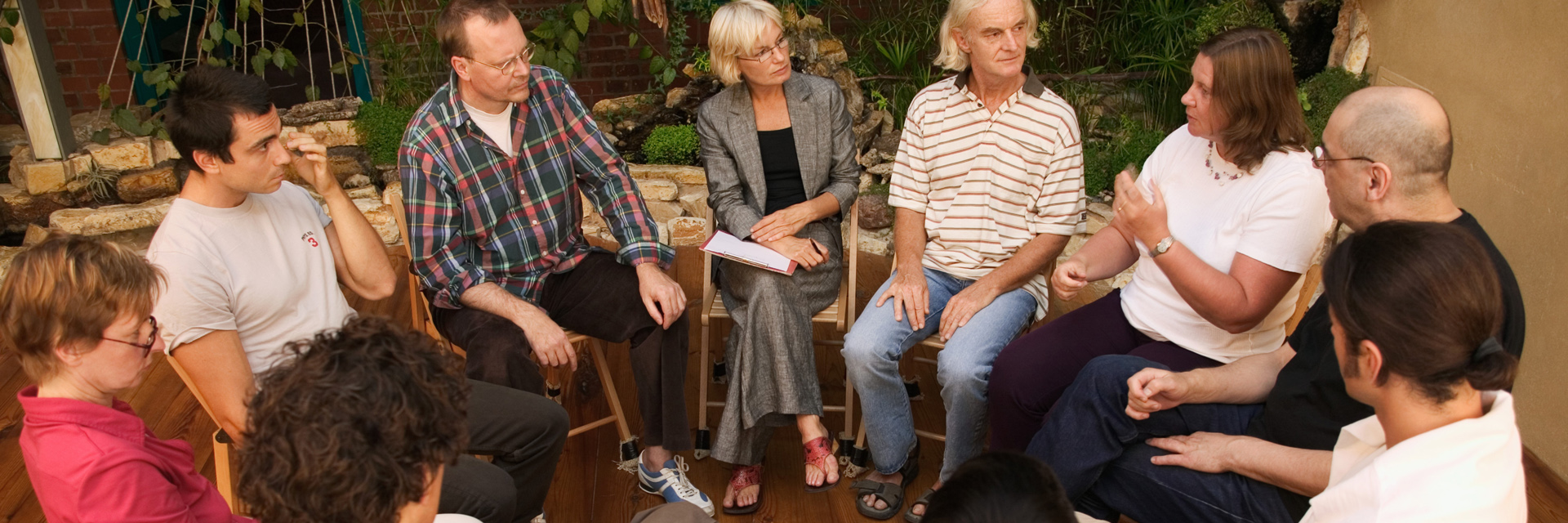 Caryn Paulos, M.S.N., RN-BC, director of Faith Community Nursing, wants to help congregations begin an open dialogue about mental health and mental illness, which she refers to as the "no-casserole" disease.
Caryn Paulos, M.S.N., RN-BC, director of Faith Community Nursing, wants to help congregations begin an open dialogue about mental health and mental illness, which she refers to as the "no-casserole" disease.
Making the casserole
The main ingredients in this casserole recipe are education and dialogue. So, the first module of this care kit was named, "Let's Start the Conversation! Building Awareness about Stigma and Mental Health." The module includes curriculum, PowerPoint presentations for training congregation members, examples for bulletins and newsletters, litanies, sacred texts, local resources related to mental health and more.
"One of the first things we realized is that the stigma around mental health is huge," Paulos said. "People historically don't want to talk about it." She explained that conversations happen every day that go something like, "How are you today?" and the standard response is, "Great!" But if someone replies, "I'm feeling kind of down today," we don't know how to respond. The kit was developed to help our congregations address this stigma in the faith community.
"Most pastors are really good at taking care of people and providing for them emotionally," Paulos said. "But when it transitions into mental health, that's not necessarily their expertise or their training. So, they are asking for help."
Sharing a clear recipe
Melissa Reyna, M.P.H., R.N., ICCE, patient education coordinator, said a lot of work went into creating each of these modules, right down to the wording used to describe mental health issues. "This gives us the language of how to talk to each other and teaches us how to talk with our patients and our families," Reyna said. "Sometimes people have good intentions, but they may not know the right ways to talk about different conditions. This helps them find those words."
The wording must also appeal to multiple faith traditions, she added. For example, most sacred texts contain some version of "Treat others the way you would like to be treated". The kit refers to universal truths like this quoted in Buddhism, Christianity, Hinduism, Islam, Judaism and Taoism.
"I see opportunity for people of all faith communities, as well as our Texas Health staff and other folks, really," Reyna said. "We all need information and tools that can be easily used."
More dishes to come
According to Caryn, additional care kit modules are being developed, and they will be deployed throughout the coming year. She said they will address issues like resilience, depression, addiction, anxiety, and dementia.

